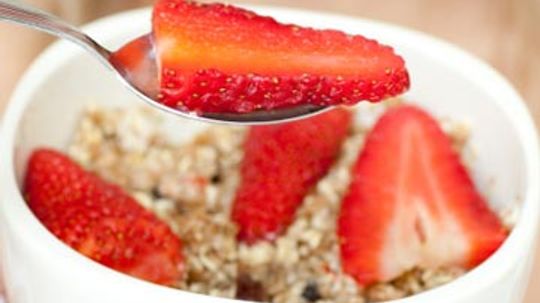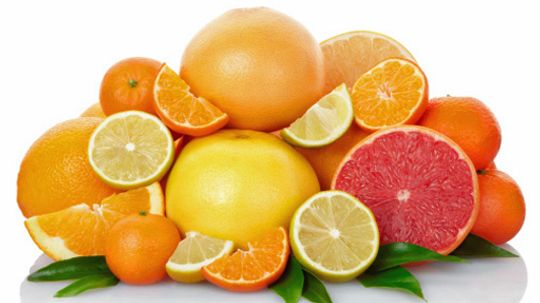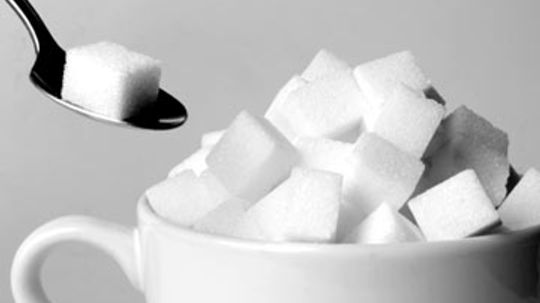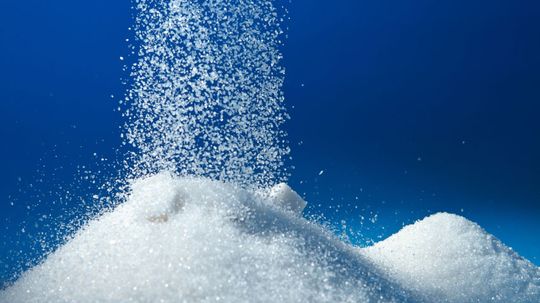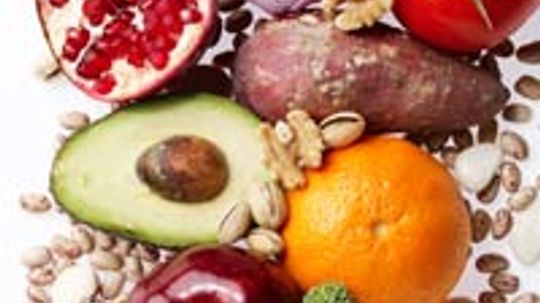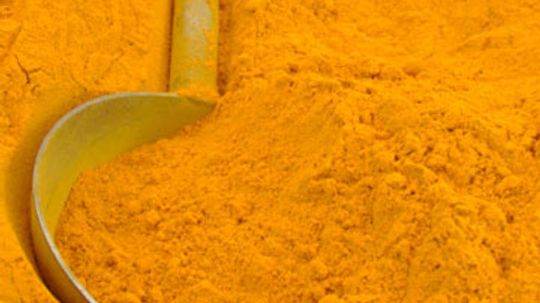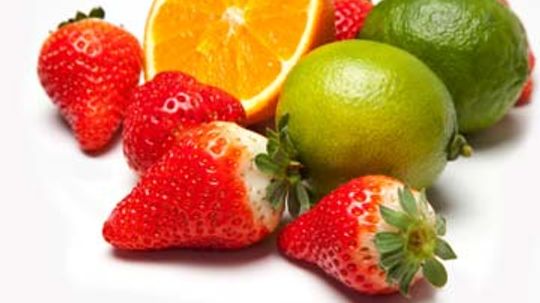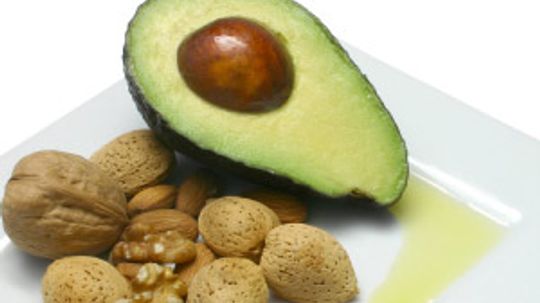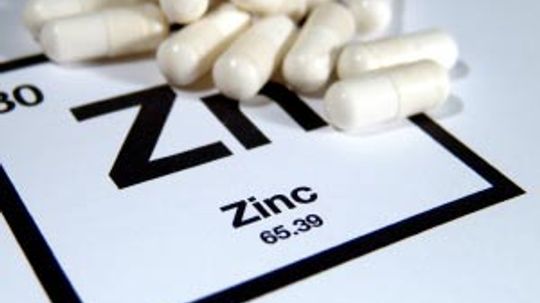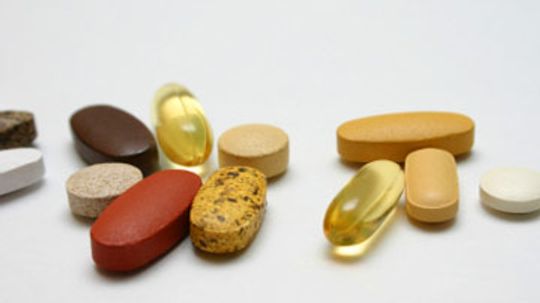Skin and Nutrition
Skin health and nutrition are closely related. Learn more about skin and nutrition at HowStuffWorks.
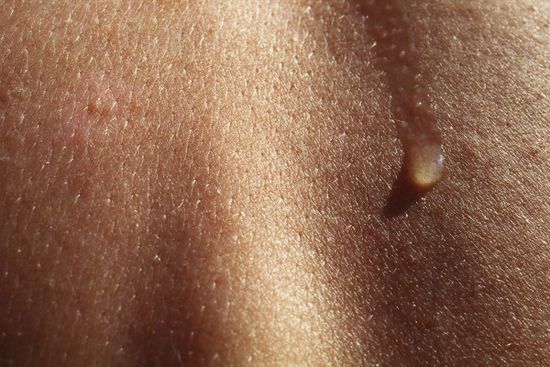
Do vegetarians have smellier sweat than omnivores?
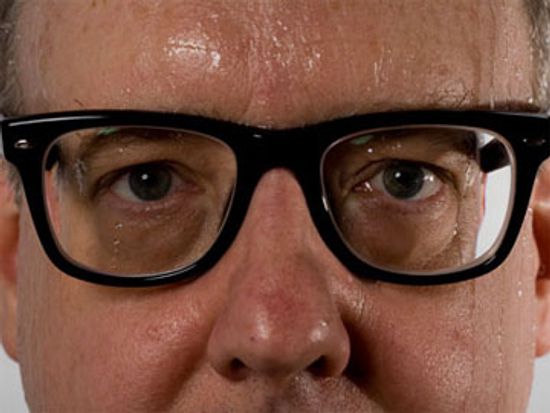
How Sweat Works

5 Ways Your Skin Changes During Adolescence

Why Do Bruises Change Colors as They Heal?

Quick Tips: Does taking an aspirin daily affect your skin?
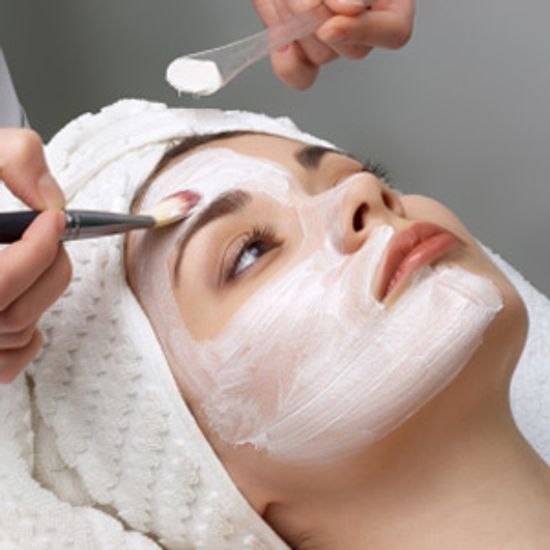
5 Things to Know About Lactic Acid in Skin Care
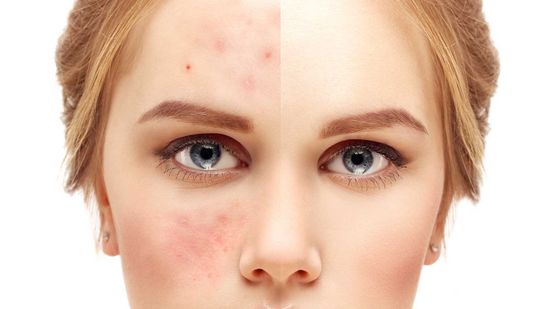
How Can Skin Be Oily Yet Dry?
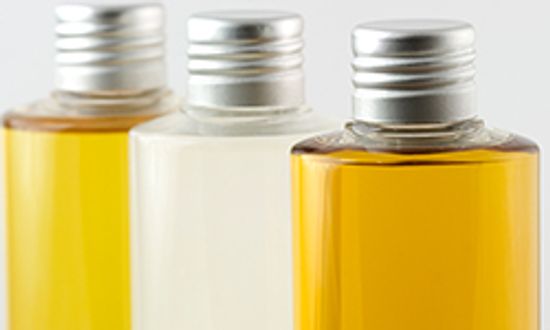
Quick Tips: Are petroleum-based face creams good for sensitive skin?
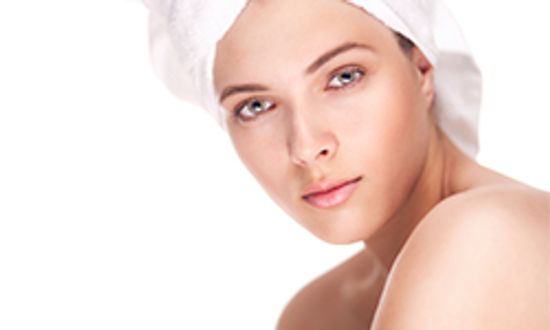
What is The Difference Between the Skin On Your Face and Your Body?
Learn More
Unhappy with your dull complexion and sagging skin? Before resorting to surgery, try eating the five foods on our list to rejuvenate your skin and take years off your look.
They say an apple a day keeps the doctor away -- but can it keep the dermatologist away, too? And what can other fruits do for your skin?
Selecting the right foods can help brighten your complexion from the inside out or the outside in. So should you skip the beauty counter and head for the grocery store instead?
Advertisement
Gum. Breath mints. Deodorants. Perfumes. We put a lot of work into controlling what we smell like. So which foods are most likely to undo it all?
You just exercised and worked up a good, healthy sweat -- except that "healthy" rarely smells like industrial strength cleaner, right? Why does sweat sometimes reek of ammonia, and what can you do to stop it?
The old adage you are what you eat makes sense, but the idea that what you smell like depends on what you eat is slightly less self-evident. How can a certain type of food or diet affect your body odor?
By Josh Clark
As you age, your skin loses the fatty tissue and collagen that provide its supple, firm appearance. Could adding certain foods to your diet help reverse this aging process?
Advertisement
Certain foods, including chocolate, peanuts, shellfish and greasy pizza, have a reputation for causing acne, but is there any truth to this?
It's no secret that sugary foods can lead to negative effects like weight gain, but can they affect your brain, too? Find out how a high sugar intake could make you look and feel older.
If you're like most people, you want smooth, healthy skin, but maybe you don't want to wade through hundreds of chemically laden products to get it. That's where antioxidants can help.
Curcumin, the key component of the herb turmeric, has been used for centuries as a food color and dye and as a natural treatment for certain skin problems. But does any scientific evidence back up such uses?
Advertisement
It's common knowledge that vitamin C strengthens your immune system, but did you know it can also prevent wrinkles and reduce sun damage to your skin?
By Susan Sentry
Vitamin E can help protect your skin from sun damage and harmful free radicals, but you don't need a dietary supplement to get your daily dose of this valuable nutrient.
Vitamins get a lot of press, but they're not the only nutrients that should be on your health radar. To stay healthy, your body also needs certain minerals. One of those crucial minerals, zinc, acts like a 24-hour, on-call skin mechanic.
Cinnamon is one of the most common spices in the kitchen -- it's both sweet and tangy, and people use it to add flavor to pies, buns and toast. But does cinnamon have health benefits for your skin?
Advertisement
While you may cleanse and moisturize your skin daily to keep it healthy, you can also nourish skin from the inside with vitamins. But what are the best vitamins for skin health?
You probably know that eating vegetables keeps your body healthy, but some vegetables can especially benefit your skin. Which ones help the most?
